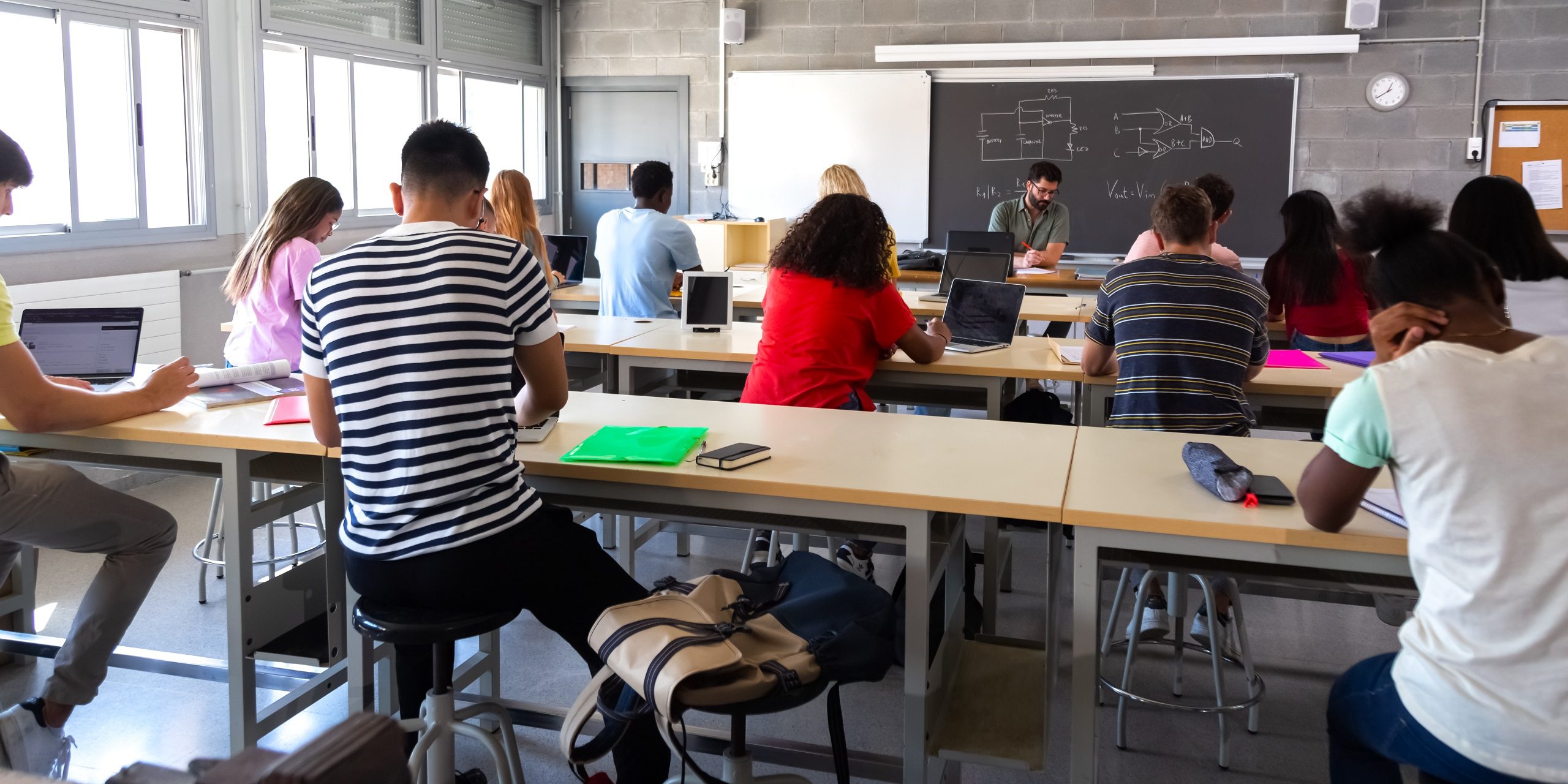Becoming an invigilator is a great way to work in the education field without needing a full-time commitment. Invigilators help ensure exams run smoothly and fairly by monitoring students during tests. This role is perfect for those who want a flexible job, whether you’re a student, a retiree, or simply someone looking to contribute to education.
In this guide, we’ll walk you through the steps to becoming an invigilator, the skills you’ll need, and what to expect from the job. If you’re interested in supporting the academic process and gaining new experiences, becoming an invigilator might be the right path for you.
What’s an invigilator?
An invigilator is a person responsible for overseeing examinations. Their primary role is to maintain a secure and fair examination environment. Invigilators monitor candidates to prevent cheating, enforce exam regulations, and contribute to the integrity of the assessment process.

Before the exam starts, invigilators set up the exam room, hand out exam papers, and check the identity of the students. They ensure the room is quiet and free of distractions, so students can focus. During the exam, they keep an eye on everyone to prevent cheating and are there to help with any questions about the exam process.
Invigilators also track the time and ensure students finish the exam within the allotted time. If any issues arise, like technical problems or emergencies, the invigilator handles them promptly. They also make note of any unusual incidents to report to the examination board or school.
The guide: How to Become an Invigilator
Becoming an invigilator is a straightforward process. It’s a role that offers flexibility and the opportunity to work in educational settings. Here’s a step-by-step guide to help you get started:
Understand the Role
Before applying, it’s essential to understand what being an invigilator involves. Familiarise yourself with the responsibilities, such as monitoring exams, checking student identification, and ensuring the exam room is set up correctly.
Check Qualifications
Most invigilator positions do not require formal qualifications, but having a background in education or experience in similar roles can be beneficial. Good communication skills, attention to detail, and reliability are key attributes.
Search for Opportunities
Look for invigilator job openings at schools, colleges, universities, and exam centres. Many educational institutions post these positions on their websites or job boards. You can also check with local education authorities or temporary agencies specialising in educational staffing.
Apply for Positions
Prepare a simple resume highlighting your skills and any relevant experience. Tailor your cover letter to emphasise your interest in the role and your understanding of its responsibilities. Be sure to follow the application instructions provided in the job posting.
Prepare for Interviews
If selected for an interview, be ready to discuss your experience and why you’re interested in becoming an invigilator. Highlight any previous roles that required vigilance and integrity, as these are key aspects of invigilating.
Complete Training
Once hired, you’ll likely undergo training to understand the specific procedures and policies of the institution you’ll be working for. This training may cover topics like exam regulations, handling emergencies, and using any necessary technology.
Start Invigilating
After training, you’ll begin working as an invigilator. Be punctual, professional, and attentive during exams, ensuring that all students have a fair and smooth testing experience.
By following these steps, you can embark on a fulfilling role as an invigilator, contributing to the educational process and helping maintain the integrity of exams.
Required skills for an invigilator
The role of an invigilator demands a specific skill set to ensure the smooth and impartial conduct of examinations. Key competencies include:
- Attention to Detail: You must notice small details to spot any cheating or rule-breaking.
- Good Communication: You should be able to explain exam rules clearly and answer students’ questions.
- Time Management: Keeping track of the exam’s start and end times is crucial.
- Staying Calm: You need to stay calm and handle any unexpected problems, like emergencies or technical issues.
- Problem-Solving: Quickly fixing any issues that come up during the exam is important.
- Organisation: Setting up the exam room and keeping things in order requires good organisational skills.
- Fairness: You must be fair and ensure that all students have an equal chance to do their best.
- Basic IT Skills: If the exam is online, knowing how to use computers and handle minor tech problems is helpful.
Possessing these skills enables an invigilator to contribute effectively to the integrity of the examination process and provide a fair environment for all candidates.




